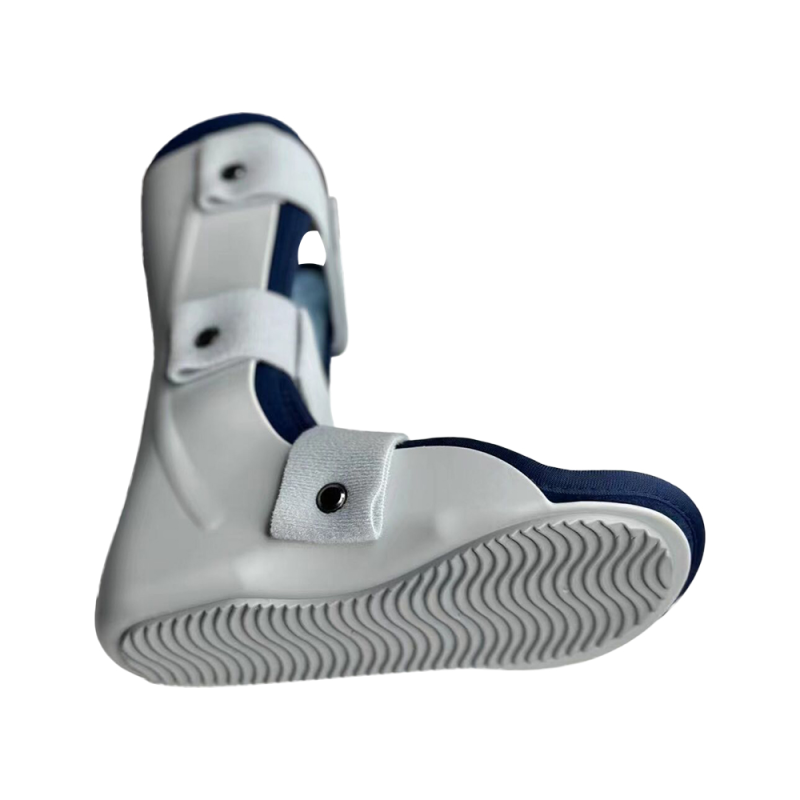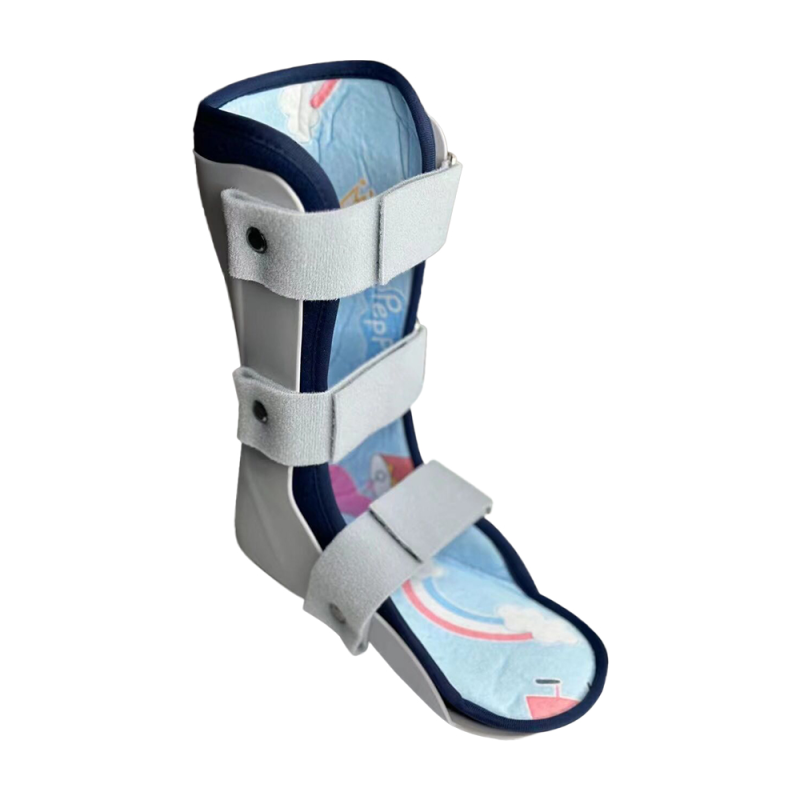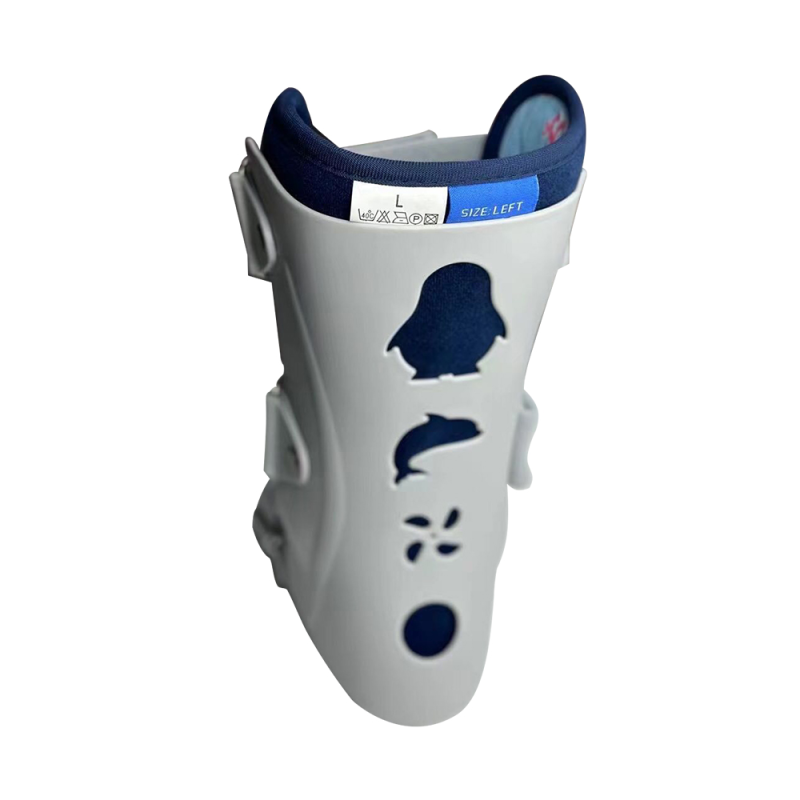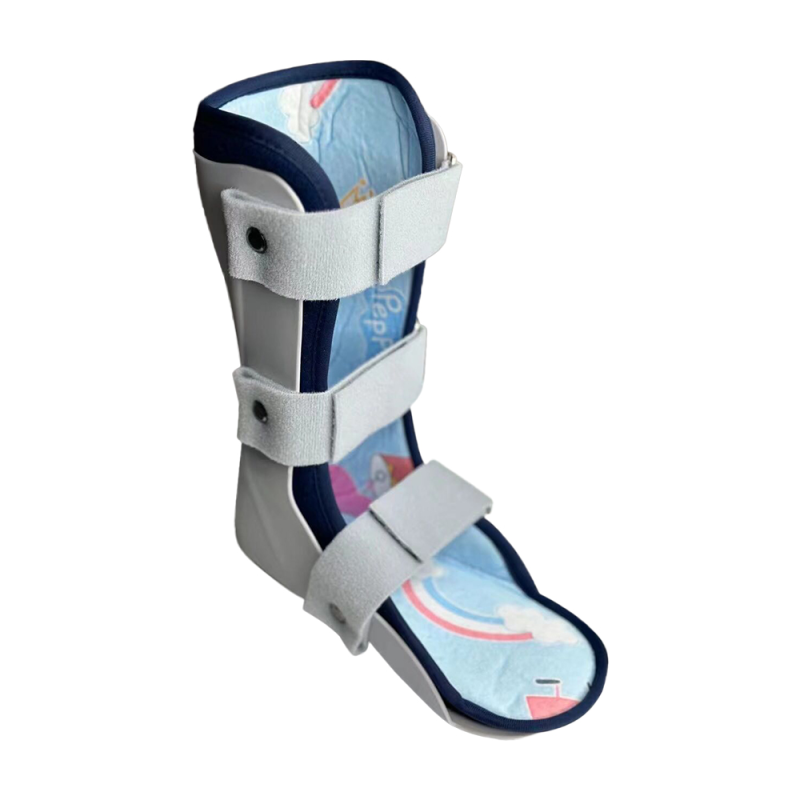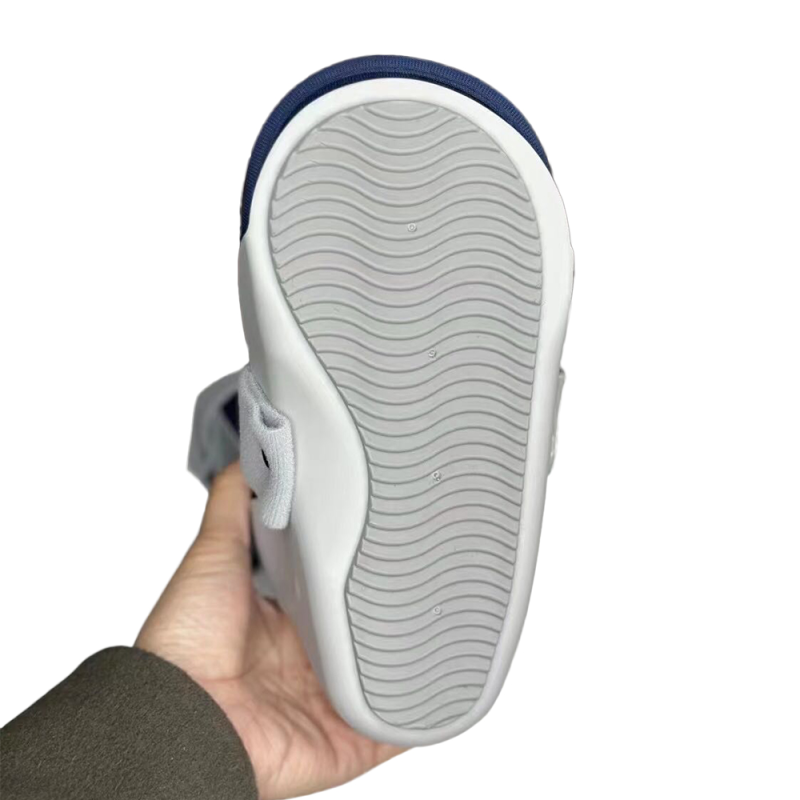Having JIA can increase your child’s risk of depression and anxiety. Here’s how to help them cope.
Growing up can be tough enough, but when you add in conditions like juvenile idiopathic arthritis (JIA), it can make childhood and adolescence even more challenging. Joint pain can interfere with your child’s daily life, causing not only physical struggles but also emotional problems such as depression or anxiety. We spoke with experts about the different ways JIA affects a child’s mental health and how you can help your child cope and grow.
Psychiatric disorders such as depression and anxiety are very common in children with JIA, says Diane Brown, MD, a pediatric rheumatologist at Los Angeles Children’s Hospital. “Before COVID, the best estimate was that 10 to 25 percent of children with arthritis would have severe symptoms of depression or anxiety,” she said. “I think he’s taller now.” That’s why it’s especially important to know the signs of depression and anxiety and how best to support your child’s emotional well-being.
Dr. Will Fry, a child psychologist at the Johns Hopkins Children’s Hospital Chronic Pain Clinic in St. Petersburg, Florida, said that JIA affects mental health in many ways. “The main one is probably the pain associated with JIA,” he said. “The physical impact on the joints can also lead to children doing less and becoming frustrated with not being able to do things.” people with chronic pain. “Pain was the strongest predictor of depression in children with arthritis,” said Dr. Brown.
The unpredictability associated with living with a chronic illness can be a heavy burden for children and adolescents. “Uncertainty about what symptoms they will have and what their life will be like can leave children feeling depressed or hopeless,” Fry said. The course of JIA itself can be very unpredictable, leading to these feelings. “Patients have good days and bad days and are not sure if they will look their best for an important exam or a trip to Disneyland because their arthritis may flare up – that’s part of the worry. important triggers,” added Dr. Brown.
Chronic illness can make anyone feel isolated, Fry says, but it can be especially challenging for children and teens at a stage in their lives when they naturally want to socialize and fit in with their peers. The problem of JIA may add insult to injury. “Whether it’s camping with the family or playing football with friends, not being able to exercise can be frustrating,” says Dr. Brown. “Having to take medication as a teenager when you just want to be like everyone else can be another struggle.” .
Compounding this social struggle is the sad reality that many people simply don’t understand what it’s like to live with JIA. “It’s more difficult when your condition is often almost imperceptible to other people and it doesn’t go away – when your friends don’t have actors to sign and it doesn’t improve like a cured pain. Get sympathy and support. which is harder for your peers and your family to understand,” said Dr. Brown. For example, a teacher may not understand a student’s limitations in PE class, or may have difficulty completing a test when a finger hurts due to arthritis.
When all these factors are taken into account, it is not surprising that children with JIA may experience emotional problems such as depression or anxiety. But how do you know if your child is experiencing special difficulties and needs extra support? “Look for irritability, sensitivity to rejection, kids no longer trying to spend time with friends or do things they used to want to do,” says Fry. Feelings of hopelessness, persistent sadness, and of course any thoughts or talk of self-harm signs that your child needs immediate support.
Depression and anxiety can also manifest as physical symptoms that easily go unnoticed in children and adolescents. “Increased complaints of vague and mixed symptoms, such as headaches, nausea, chest pain, indigestion, etc., can also be a sign if other illnesses or injuries are ruled out,” Dr. Brown said. In addition, any major changes in sleep or appetite habits, especially weight gain or loss, can also indicate depression or anxiety and should signal your child’s need for support, she says.
As a parent or caregiver, it may be frustrating for you to see your child struggling and you may not know where to start in order to give him the help he needs. “One of the best places to start is in your own home and your relationship with your kids,” says Fry. “It all starts with being able to talk to your kids, validate their feelings and really be with them in whatever they are going through,” he said. Open and honest (though age-appropriate) discussions about their condition and treatment can also help your child feel supported, according to the Arthritis Foundation.
Supporting your child’s mental health also means encouraging them to participate in hobbies and social activities. You may need to get creative to help them find ways to change activities so they can continue to participate despite JIA symptoms, Fry says. This is very important because it helps build “self-efficacy” in children, or their confidence that they can succeed at something that can help fight depression, says the Arthritis Foundation. “Kids are in the best mood when they are doing something,” Fry said. “Take up a hobby or find a way the kids will be proud of that can help stop the snowball.”
The word therapy still carries a stigma, but many children with JIA may benefit from additional support from a mental health professional such as a psychologist. During therapy, Fry says, your child can share their struggle with JIA, get support, and learn useful lifelong coping strategies. Remember, treatment isn’t just for treating the most serious mental health problems—it helps many children, even as a preventive measure. “Many of our patients would benefit from talking about their illness with someone who is trained to help children with chronic conditions,” said Dr. Brown.
A JIA diagnosis can turn your child’s world upside down and make them feel lonely, but there are many ways to provide psychological support so they can continue to grow and succeed in life. Often a combination of strategies is required to best support your child, whether it’s helping the child stay in touch with friends or hobbies, or connecting with a therapist. “Realize that seeking help with psychological problems can be a strength, not a weakness,” Dr. Brown reminds us. “Early intervention can prevent more serious problems.”
Post time: May-06-2023



